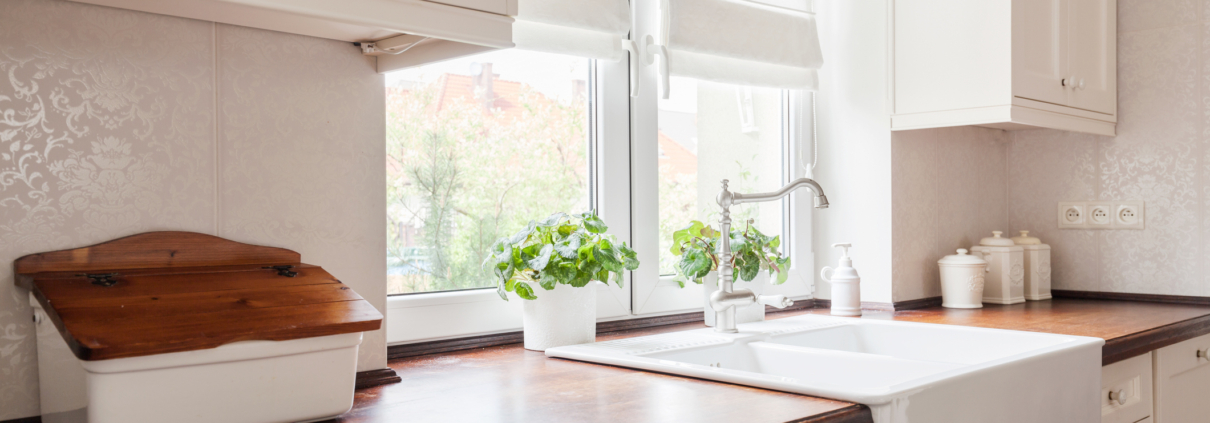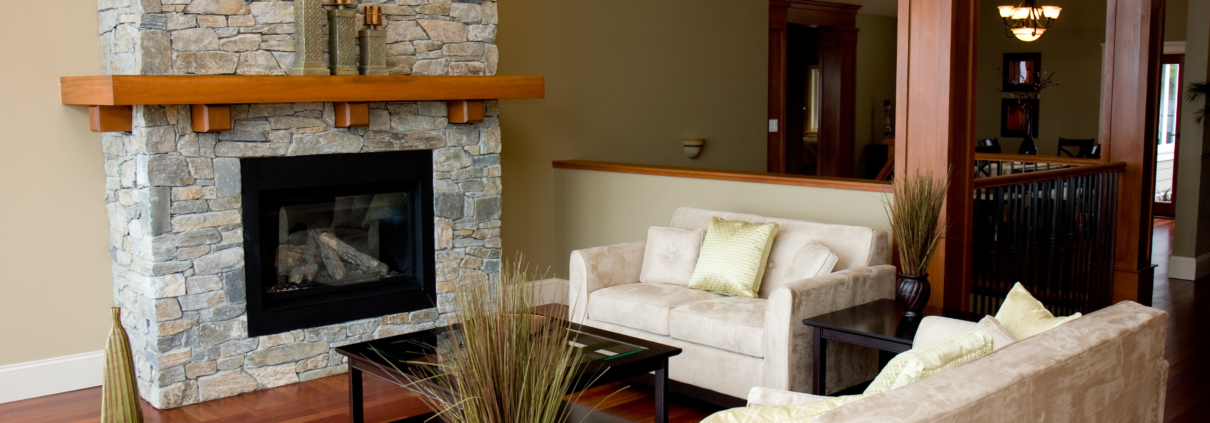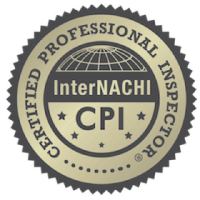Home inspections are done to make sure that you are buying a home that is in good condition. That being said, there are many problems that are commonly found during home inspections. These include:
Water damage. Water damage is one of the worst things that you can find during a home inspection. It can really do a lot of damage to a home. It can destroy the structural integrity of your home. Water damage can also lead to mold, which can be harmful for your family.
Bad roof. Since most people don’t get up on top of the roof when they look at buying a home, it is important that it get inspected properly. Shingles may be missed, flashing may be broken or missing, or the entire roof may need to be replaced. If the roof is bad, water may get into the home, which can lead to even more problems.
Poor drainage and grade sloping. If the outside of your home doesn’t take water away from it, it can cause even more water damage. The land should slope away from the home and not toward it.
Faulty wiring. Electrical system problems can also be bad. They can turn into fires, which can really destroy a home, so it is a good idea to have a home inspector do a thorough examination of the wiring of the home.
Bad foundation. If there are problems with the foundation of the house, it may be quite costly to fix. It may even make you want to walk away from a home.
Water damage is the most common problem that home inspectors see. It could be due to a bad roof, plumbing problems, or even poor drainage on the outside of the home. The electrical system can cause fires so that needs to be repaired. Also, you need to make sure that the house has a good foundation, or you may just want to walk away. Contact True North Home Inspection at (603) 229-2571 if you have any questions or to schedule an inspection!












